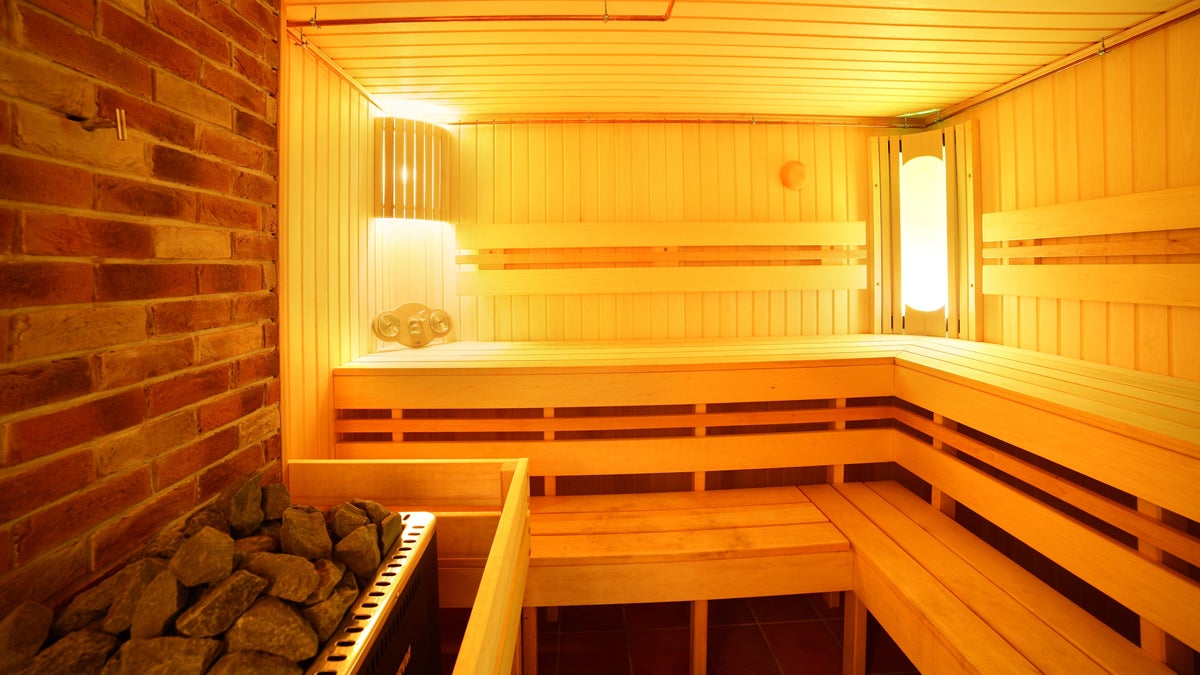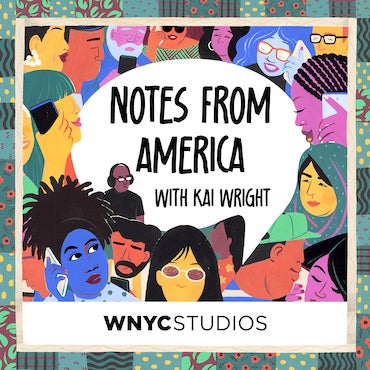For Russia and Ukraine, the steam room is a neutral zone

(Russian sauna image courtesy of Shutterstock.com)
I am resting between steams at a Russian bathhouse on the outskirts of Philadelphia, doing what I try never, ever to do at banyas: talk politics.
“If you want to know your friend,” the man seated across from me, an ethnic Russian, is saying, “talk to him about Ukraine.”
I come to the banya to forget. We all do. We can be alone, yet among others, while the elements of fire, water, and air work their powers on us — lifting any weight we were carrying when we arrived, helping us right ourselves in a world where much isn’t right.
Today none of us can forget, because televisions high along the walls surrounding the pool are showing footage of fighting in eastern Ukraine — not that many of the men and women here need TV to tell them what’s going on: They talk daily — online and by phone — with relatives and friends living in and around the conflict zones.
The great leveler
Viktor is in his late 50s, I guess. He steams regularly on weekend mornings with friends — Americans originally from Russia and Ukraine — at the Southampton Spa, the only authentic banya in a sprawling community of an estimated 100,000 immigrants from former Soviet space.
Everywhere the banya is a great leveler. But here, in suburbs locals call The Northeast, the Russian language is a great leveler, too. New and old immigrants — from Kyiv to Moscow, from Armenia to Uzbekistan — are united by a common language.
That unity has frayed ever since Russia annexed Crimea, and separatists sparked conflict in Ukraine’s east. Brawls are breaking out in restaurants. Shoppers are boycotting Russian-owned stores, Russian products. Friendships are not only under strain, but ending. Families, too, are splintering.
“Ukraine was always under someone’s thumb,” says Viktor, sticking out a thumb and turning it downward, as if about to squash an ant. “Russians. Germans. Poles.”
“It’s a small, lovely country. But what’s happening there…”
Viktor won’t tell me his last name. His friends won’t even tell me their first names. I divine respective lands of origin, though, from the mildly pejorative terms they use, jokingly, to refer to each other: the Ukrainian Moskaly for Russians, the Russian khokhly (or Banderovtsy) for Ukrainians.
Such language is as deep as the discord runs at this banya. I view the terms as laughter-through-tears gestures spoken in jest, yet only partly in jest — much how some Russians I know have begun calling me a mildly derogatory pindos, or a less mild Amerikos.
Taking sides
Ethnic Ukrainians tend to see in me a sympathizer, someone who is rooting for them against Russian aggressors. Ethnic Russians tend to see in me the face of the Cold War enemy who again is on enemy footing — particularly if they speak little English, and watch lots of Russian TV.
Today I want to know what Viktor and his friends think, but they want to know what I think. Everyone at the banya does, or so it seems. For I’m an American without Russian roots who also speaks Russian, an American who was a foreign correspondent based in Moscow for half his adult life.
Clearly, to some, that makes me a spy. But that doesn’t mean they won’t have anything to do with me. It merely makes me more interesting. Today they’re asking me what I think, so I tell them.
What’s happening in Ukraine, I say, is really about what has happened, and what hasn’t happened, in Russia over the past 20-or-so years. There were no truth commissions under Boris Yeltsin, Russia’s first-ever president. No one was punished for Soviet-era crimes that, if not for Hitler, probably would have been the worst of the 20th century: Between 20 and 25 million people were direct victims of Soviet political repression. (There is no number for the millions indirectly affected.)
In Ukraine, though, people twice have tried to reconcile the legacy of their Soviet past. They didn’t get the government they deserved after the Orange Revolution of 2004, so last spring they kicked the bums out, again. That scenario is terrifying to a Kremlin that is terrified of its own people — so Russia is stopping Ukrainians from doing what Russians can’t bring themselves to do.
No one at the table agrees with me, but no one disagrees, either. One of Viktor’s friends concedes there might be something to what I’m saying. “Chto-to v etom est’.”
Another says, “Istina rozhdaetsya v spore,” or “Truth is born of arguments.”
A man at a neighboring table — part Georgian, part Russian — has overheard us. He says, “The cause of everything is government. People might fight among themselves, but it’s all in the interests of the Ukrainian and Russian governments so that leaders can steal more.”
Another man, an ethnic Russian who was raised in the small Ukrainian city of Slavyansk, which once was held by pro-Russian separatist rebels, says, simply, “What is to be done? Better to drink beer.”
I get up, grab a bottle of Grolsch from the table next to the beer drinker from Slavyansk, carry it into the steam room. I dilute the beer with hot water, then hurl it into the stove — something I learned to do while I was a sort of apprentice to a steam-maker at the Seleznyovsky Baths, in Moscow.
I’ve resuscitated my banya ritual here, in the States, ever since I returned. I make steam with beer, and the stalwart scents — eucalyptus, mint, pine. But I also make steam with sea salt that I dissolve in water, accented by aromas of either anise, or mandarin orange. I make mustard steam, too, and wormwood-scented steam. I even use complementary aromas in my steams by sprinkling oils and tinctures across the fabric of a fan — a thin aluminum pole about five feet long with a hoop at one end — that I loll over and across the bodies of bathers.
I learned the fan technique in Moscow, too, but most bathers here have never seen it.
The steam I make is for everyone, irrespective of their views about Ukraine.
‘The banya unites people’
When the steam is ready, bathers drift in, sit quietly or massage themselves, each other, with bundles of leafy oak twigs. After I cool in the frigid plunge pool I return to the table, to relax. No one wants to talk about Ukraine anymore, and I’m glad. We steam four, five more times. Then I shower, ready to leave.
On the way out acquaintances from Russia, Moldova, and southeastern Ukraine — ethnic Jews — invite me to join them for lunch in the banya’s restaurant. There are plenty of jokes, and there is plenty of food: a cold soup, okroshka, made with kvas, the fermented drink made from rye bread, and smoked trout, and baked chicken, and potatoes pan fried with wild mushrooms, and watermelon, and bottles of vodka, tequila, and beer.
“The banya unites people,” says the Moldovan.
The Russian, from somewhere in Siberia, proposes a toast.
We lift our shot glasses. I am only mildly ashamed that mine is filled with a vodka from a non-vodka-drinking country.
“So that there won’t be war,” he says.
Our glasses clink.
Listen to Bryon MacWilliams on Radio Times, Dec. 15, 2014.
—
Bryon MacWilliams lives in South Jersey. His memoir, “With Light Steam: A Personal Journey through the Russian Baths,” was published in October by Northern Illinois University Press.
A version of this essay previously ran in The Moscow Times.
WHYY is your source for fact-based, in-depth journalism and information. As a nonprofit organization, we rely on financial support from readers like you. Please give today.

